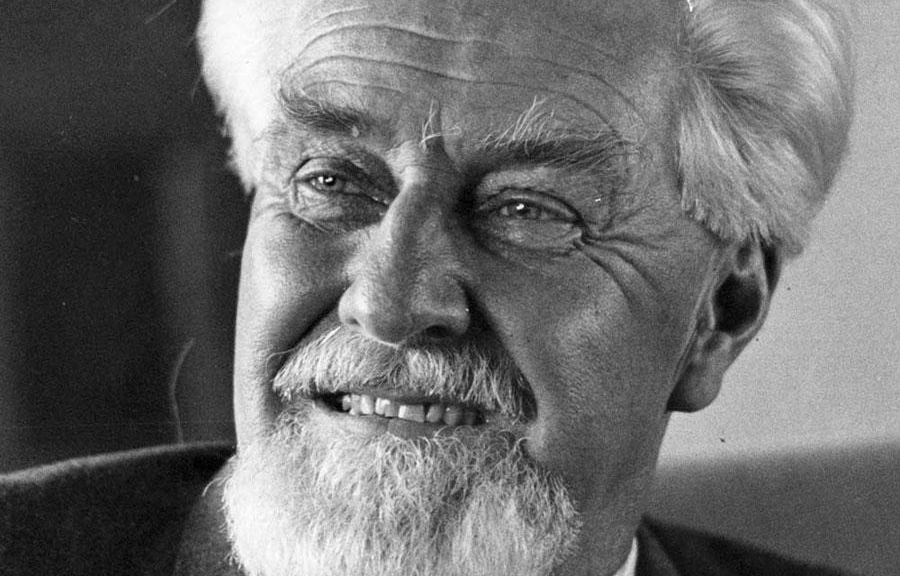[et_pb_section bb_built=”1″][et_pb_row][et_pb_column type=”4_4″][et_pb_text _builder_version=”3.13.1″]
Austrian ethologist.
He studied philosophy and medicine at the University of Vienna. It has a wide worldwide recognition in the field of Zoology and Ethology. The Ethological Theory is the branch of biology and experimental psychology that studies the behavior of animals in freedom or in laboratory conditions. Observe the instinctive behavior of animals. As a result of these observations, he introduces the concept of imprinting, to intercalate intermediate categories to the classic division between instinctive behaviors and learned behaviors. (Impronta is a term used in psychology and ethology that describes any type of learning occurred in a certain critical phase, either at a particular age or stage of life, which is rapid and apparently independent of the importance of the behavior). Distinguishes appetitive acts, susceptible to variations according to learning and the consummate acts of appetite, determined by hereditary guidelines. He teaches classes at the Universities of Königsberg, Münster, Munich and Vienna. He received the Nobel Prize in Physiology or Medicine in 1973 after introducing the concept of imprinting, which describes the physiological process generated after birth that guarantees maternal and filial behavior between mother and baby; These findings were later integrated into the theory of human attachment. This award was shared with Nikolaas Tinbergen and Karl R. von Frisch, zoologists who also worked on the study of animal behavior.
Learn more about your health and well-being at Pharmamedic.
[/et_pb_text][/et_pb_column][/et_pb_row][/et_pb_section]






